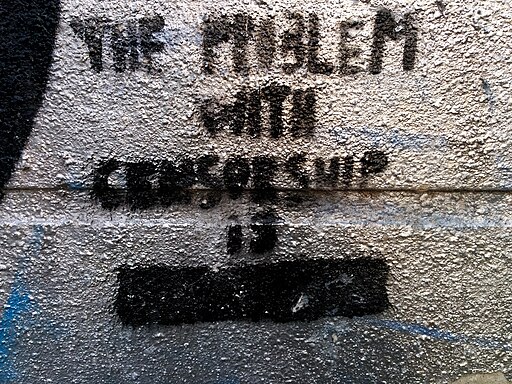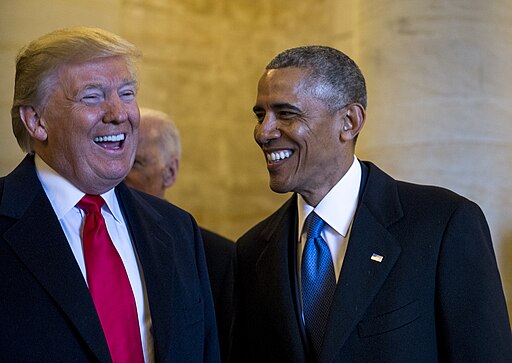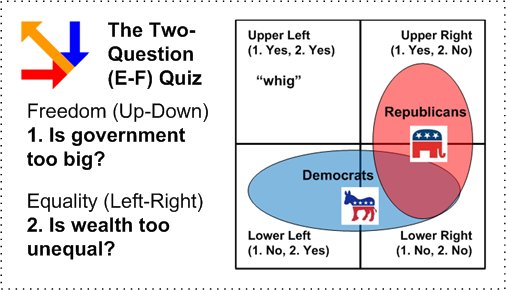
In January of 2022, Lulu Cheng-Meservey — at the time, Vice President of Communication for Substack, though she’s since moved on to a similar role at Activision Blizzard — wrote on Twitter (now known as “X”):
“At Substack, we don’t make moderation decisions based on public pressure or PR considerations. An important principle for us is defending free expression, even for stuff we personally dislike or disagree with. … We want a thriving ecosystem full of fresh and diverse ideas. That can’t happen without the freedom to experiment, or even to be wrong.”
Not quite a year later, Substack finds itself losing writers, and likely bleeding revenue, in a “can’t win for losing” scenario.
In November, The Atlantic alleged the existence of “scores of white-supremacist, neo-Confederate, and explicitly Nazi newsletters” on the Substack platform.
Since then, Substack has gone from defending Ms. Cheng-Meservey’s position to taking action against such content based on the “hate speech” prohibitions in its terms of service, in the process pleasing virtually no one.
Some content creators are leaving because they don’t want to share a platform with content they deem offensive. After all, they might find themselves tarrred with guilt by association.
Others are leaving because they don’t trust a platform that lets public pressure determine its content policies. After all, they might eventually turn up on the list of targets themselves.
Of course, the word “censorship” keeps popping up to describe any and all refusals by platforms (including Substack) to let users publish whatever they damn well please.
Let’s get one thing out of the way: It’s not “censorship.” Censorship involves government force, intimidation, etc.
If I tell you you can’t sing “Auld Lang Syne,” period, I’m trying to censor you.
If I tell you you can’t sing “Auld Lang Syne” at 3am in my living room, I’m just setting terms for use of my living room, and you’re free to go sing it on the nearest streetcorner or at your local tavern’s karaoke night event.
While I’m completely OK with the latter (in fact, I have a side gig moderating comments at a popular web site based on guidelines that forbid, among other things, “hate speech”), I don’t like the idea of platforms setting guidelines, but enforcing or not enforcing them based on public outcry.
Yes, Substack has a financial bottom line to guard. And yes, that may mean making hard decisions. But operating in obedience to a “Heckler’s Veto” is probably a bad business decision in the long term, and it’s damaging to public discourse — in the same way as real, i.e. government, censorship — in the short term.
Substack needs to decide whether it’s an open platform or an activist-curated walled garden. It can’t be both.
Thomas L. Knapp (Twitter: @thomaslknapp) is director and senior news analyst at the William Lloyd Garrison Center for Libertarian Advocacy Journalism (thegarrisoncenter.org). He lives and works in north central Florida.
PUBLICATION/CITATION HISTORY


